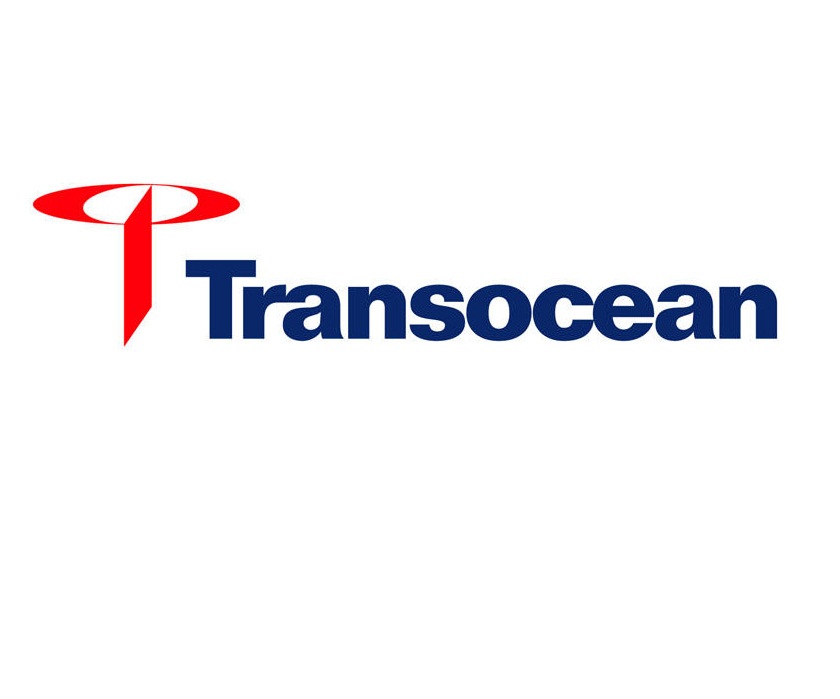Transocean owns operates complex offshore oil rigs, including the one that blew out in the Gulf of Mexico back in 2012, killing 11 workers and despoiling the Gulf of Mexico. There do not appear to be any similar lapses in its continued effort to push its taxes down as close to zero as possible, however.
Multinational companies have a few common strategies to reach this goal, and Transocean seems to use them all. First, locate enough of your corporation in a tax haven country so that it passes the laugh test. The shift in the domicile of corporate headquarters alone can dramatically reduce the tax cost even if most operations remain in countries with much higher tax rates. Second, use techniques such as internal transfer pricing between divisions so that the vast majority of corporate profits happen to end in the tax haven country. Third, where domestic operations remain important, use tax-favored or tax-exempt corporate structures such as Master Limited Partnerships, to soften or eliminate the tax bite.
Transocean has also been quite creative in trying to shed liabilities, particularly after the Gulf spill. It initially claimed it had almost no exposure by classifying its rig as a ship and arguing for protection under a the Limitation of Liability Act of 1851.
Transocean's Roster of Tax Avoidance Strategies
1) Corporate inversion. Completed in 1999, the move shifted the corporate headquarters from the US to the Cayman Islands, cutting the firm's marginal tax rate from 31.6% to 16.9% in the process. US taxes dropped by an estimated $2 billion during the 1999-2009 period. Tax Notes, a trade publication,[fn]Stuart Webber, "Escaping the U.S. Tax System: From Corporate Inversinos to Re-Domiciling," Tax Notes, July 25, 2011, pp. 273-295.[/fn] quotes the US Treasury on this issue:
Although an inversion transaction requires significant restructuring as a corporate law matter, the effect of such a transaction on the actual management and operation of the inverted company is generally limited.
Robert McInyte of Citizens for Tax Justice published a useful overview of the corporate inversion issue and why common company justifications are often off-base. Firms often argue that US corporate rates are too high; but McIntyre notes that existing subsidies mean that their actual rates are far lower. Further, he writes that "reducing the nation's corporate tax rate cannot address the fact that many corporations are employing various means to avoid U.S. taxes altogether."
2) Relocation of corporate headquarters after the inversion. Transocean moved its corporate headquarters from the Cayman Islands to Switzerland in 2008. This was done because Caribbean tax havens were coming under pressure, and Switzerland was deemed more resistent to US efforts to close corporate tax loopholes.
3) Shifting profits and assets to low-tax jurisdictions. Transfer pricing and shifting of assets from high-tax to low tax jurisdictions has been a recurring issue for Transocean, and one that frequently ends up in litigation between the firm and taxing authorities in multiple countries, including the US. There is a great deal of money at stake here, and the firm fights hard to win. A long-running case in Norway, for example, was recently decided in favor of the corporation, though the government is appealing the ruling arguing that a loss would undermine core principles of corporate taxation within the country.
4) Coming home to America, but only without taxes:
Transocean launches a tax free Master Limited Partnership
On July 22nd, Transocean Partners LLC, a spin-off from Transocean Ltd, filed an initial public offering with the U.S. Securities and Exchange Commission. The new company will be a tax-free Master Limited Partnership, or MLP. As we detailed in a report released last year (Too Big to Ignore: Subsidies to Fossil Fuel Master Limited Partnerships), MLPs provide substantial tax advantages to a growing number of firms. The vast majority of MLPs are in the oil and gas sector.
The current deal size is quite substantial, and the implications if asset distributions continue are even more worrying. The IPO will put three drillships into the LLC, 51% of which will be sold the public and 49% retained by the parent company. The value of the IPO is estimated at $350 million, making the cap value of the new corporation about $686 million, or roughly $228 million per rig. Bloomberg News notes that the company owns 74 additional rigs, and is building 9 more. Should distributions of these rigs to MLPs reach their logical conclusion -- with all rigs held in this tax free format -- the assets back in the US, though corporate-tax free, could be as high as $19 billion.[fn]83 current and planned rigs not in an MLP x $228m/rig. [/fn]
As a further indication of the complexity of these corporate structures to arbitrage differing tax and liability regimes,
Marshall Islands-registered Transocean Partners says it will be resident in Scotland for “tax purposes”.
“The company does not expect to pay Marshall Islands taxes, nor does it expect to pay “a material amount” of tax in the UK,” it said.
And there you have it.




